Living alone as a senior can be a rewarding experience, offering independence and the comfort of home. However, it also poses unique challenges, especially for those with limited mobility. This is true for healthy older adults. Remember, as we age, our health and independence can change at unexpected turns, so even if you are healthy and safe aging in place at home now, you need to prepare for a change.
A comprehensive safety checklist is essential to identify potential hazards and implement measures to ensure a safe living environment. This guide outlines critical safety considerations, helping seniors maintain their independence while minimizing risks. After reviewing this guide, you might feel overwhelmed. Take this list one step at a time. If it does seem too much for you to review on your own, there are plenty of businesses out there that can help. Look for businesses that help older adults safely age in place - they will come out with their own checklist, conduct their one inspection, and provide you an action plan to safely age in place.
General House Safety
- Slipping Risks: Secure rugs with non-slip pads and keep floors dry to prevent falls.
- Electric Fire Hazards: Regularly inspect cords and appliances for wear and tear. Avoid overloading outlets.
- Mold: Ensure proper ventilation, especially in damp areas, to prevent mold growth.
- Carbon Monoxide Poisoning: Install carbon monoxide detectors and test them regularly.
- Poor Lighting: Increase lighting in all areas of the home to improve visibility and prevent accidents.
- Decluttering Falling Hazards: Regularly organize and declutter spaces to remove tripping hazards.
Kitchen Safety
- Slipping: Clean spills immediately and use non-slip mats.
- Sharp Objects: Store knives and other sharp tools in a secure drawer or rack.
- Heat Sources: Use back burners when possible and turn pot handles away from the edge.
- Fire Hazards: Keep a fire extinguisher accessible and check smoke alarms monthly.
- Food Safety & Hygiene: Store food properly and clean surfaces regularly to prevent contamination.
- Chemicals: Store cleaning supplies in a safe, designated area.
- Dirty Sponges: Replace kitchen sponges regularly to avoid bacterial growth.
- Falling Objects: Store heavy items on lower shelves and use a sturdy step stool when necessary.
- Glass Utensils Breaking: Opt for shatter-proof or plastic alternatives to reduce injury risks.
- Check Smoke Alarms: Ensure they are functional and placed appropriately throughout the kitchen.
Bathroom Safety
- Water Temperatures: Set water heaters to a safe temperature to prevent scalds.
- Drowning in Bathtubs: Install grab bars and use non-slip mats inside and outside the tub.
- Adequate Lighting: Ensure the bathroom is well-lit to avoid slips and falls.
- Disability & Elderly Friendly Bathroom Setting: Consider a walk-in bathtub or shower with a seat.
- Electrical Hazards: Keep electrical appliances away from water sources.
- Slipping & Falling: Place non-slip mats and consider a shower stool.
- Medical Hazards: Keep medications organized and out of reach if necessary.
- Bathroom Ventilation: Use an exhaust fan or open windows to prevent mold growth.
Stairs Safety
- Slippery Steps: Apply non-slip treads on each step.
- Damaged Steps: Repair any broken or uneven steps promptly.
- Damaged Handrails: Ensure handrails are secure and extend the full length of the stairs.
- Mechanical Stair Lifts: Regularly service any installed stair lifts to ensure they are functioning correctly.
- Tripping Hazards: Keep stairs clear of any objects or clutter.
Security Check
- Access Home Exterior: Ensure the exterior is well-lit and pathways are clear.
- Check Door Locks: Upgrade locks if necessary and consider smart locks for easier access.
- Cameras & Doorbells: Install security cameras and smart doorbells for monitoring visitors.
- Security System Upgrades: Regularly update or maintain the home security system.
- Prune Trees & Plants: Keep landscaping trimmed to avoid hiding spots for intruders.
- Check Walls and Gates: Repair any damage that could allow unauthorized entry.
- Check Windows: Ensure windows have locks and consider window alarms.
- Assess the Home for Possible Entry Points: Regularly inspect the home for any vulnerabilities.
Bedroom Safety
- Avoid Clutter: Keep the floor and pathways clear to prevent falls.
- Bedside Aids: Install rails or grab bars to assist in getting in and out of bed.
- Keep Phones and Chargers Nearby: Ensure communication devices are within reach.
- Keep Emergency Numbers Visible: Post emergency contacts in a prominent place.
- Keep Emergency Tools Handy: Store flashlights, batteries, and water within easy reach.
- Avoid Wires on the Floor: Secure cords to prevent tripping.
- Place Walking Aids Next to the Bed: Ensure canes or walkers are easily accessible.
Garage Safety
- Let Light into the Garage: Ensure adequate lighting to avoid accidents.
- Clean Garage Windows: Maintain clear windows to allow natural light.
- Keep Chemicals Away from Direct Sunlight: Store hazardous materials in a cool, dry place.
- Install Air Vent for Air Circulation: Ensure proper ventilation to prevent fume buildup.
- Clean Up Spills: Immediately address any spills to prevent slipping.
- Check Garage Doors: Regularly service doors to ensure they are in good working condition.
- Manage Clutter: Organize items to prevent tripping hazards.
- Store Tools Safely: Use peg boards or shelves to keep tools organized and out of reach.
- Divide the Garage into Zones: Designate areas for different types of storage to maintain order.
Conclusion
Ensuring the safety of elderly individuals living alone requires proactive measures and regular upkeep. By following this comprehensive safety checklist, seniors can significantly reduce the risks associated with everyday living spaces. Maintaining a safe home environment not only promotes independence but also provides peace of mind for both the elderly and their loved ones.






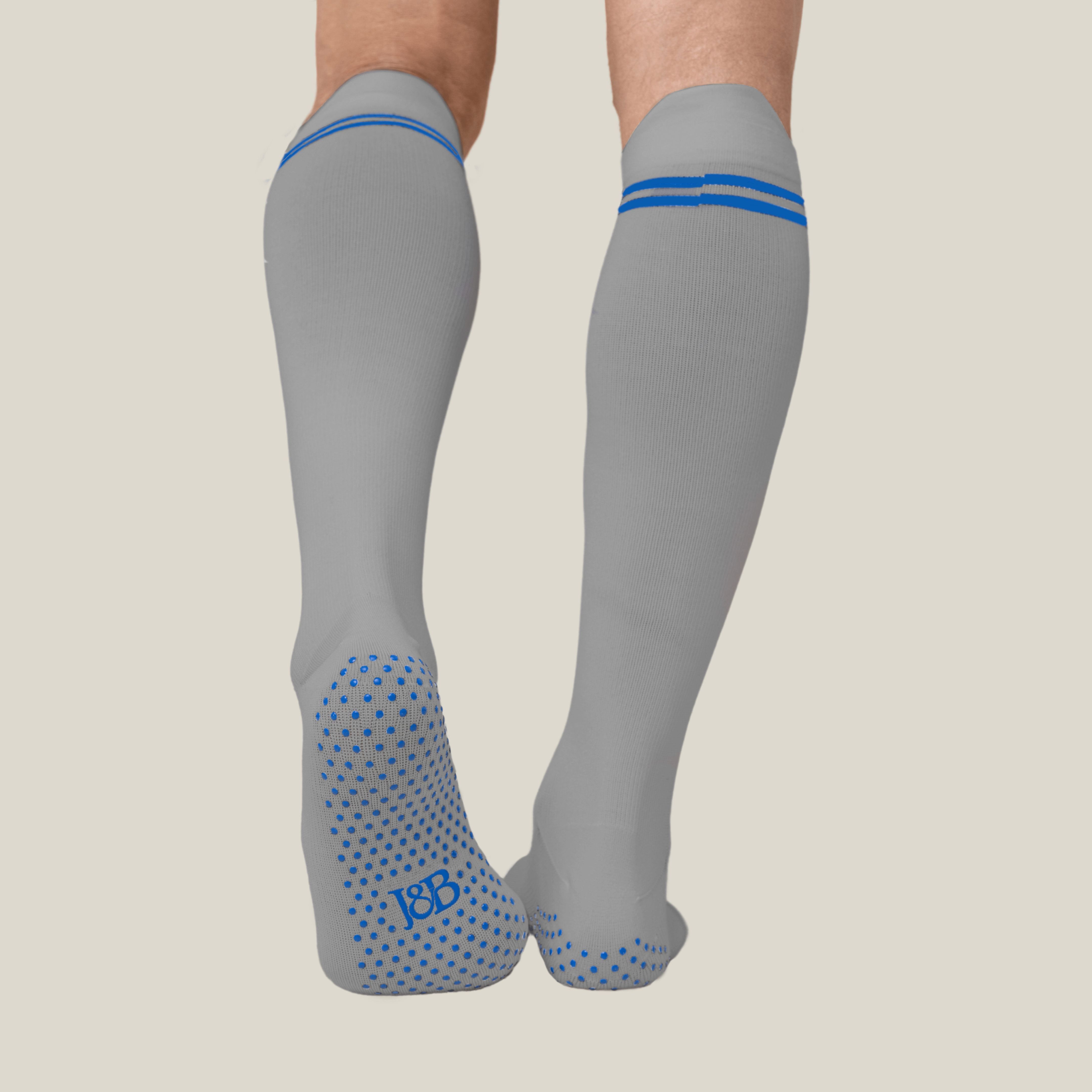




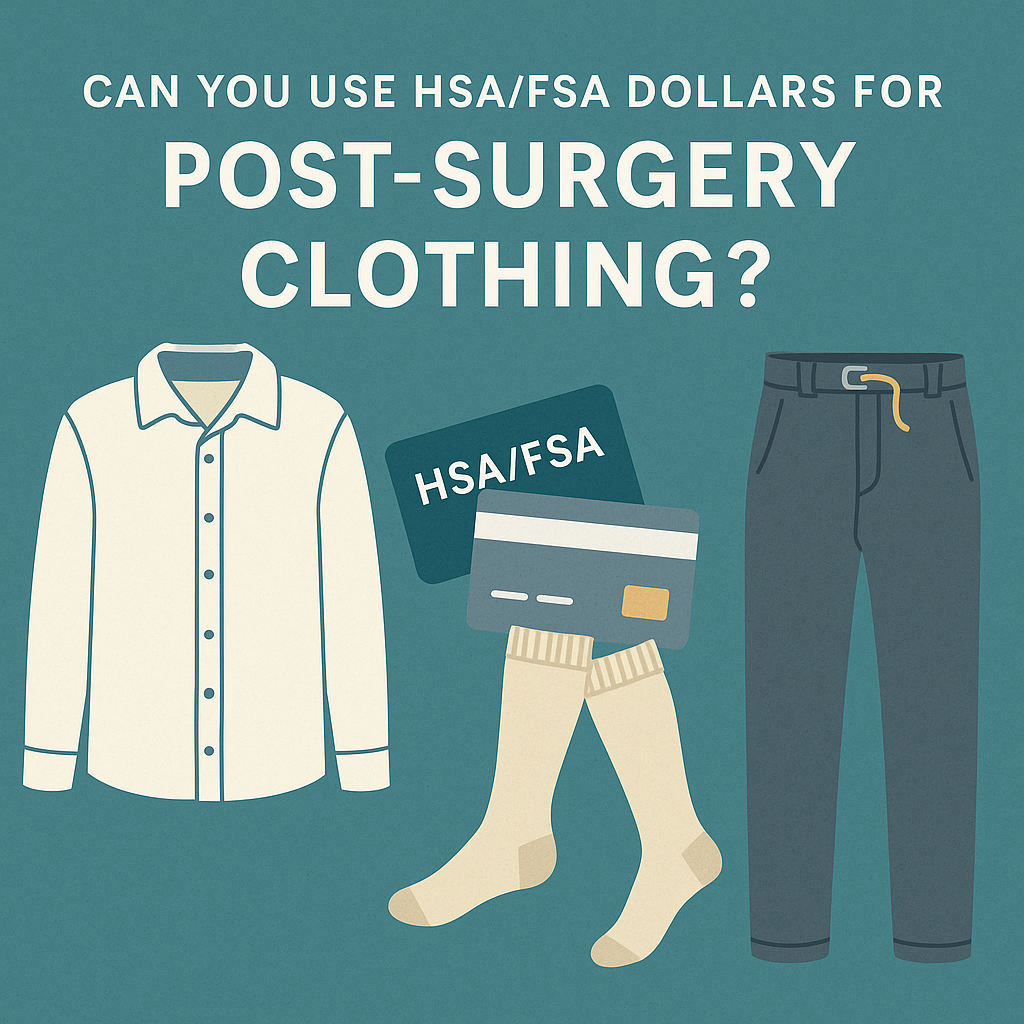
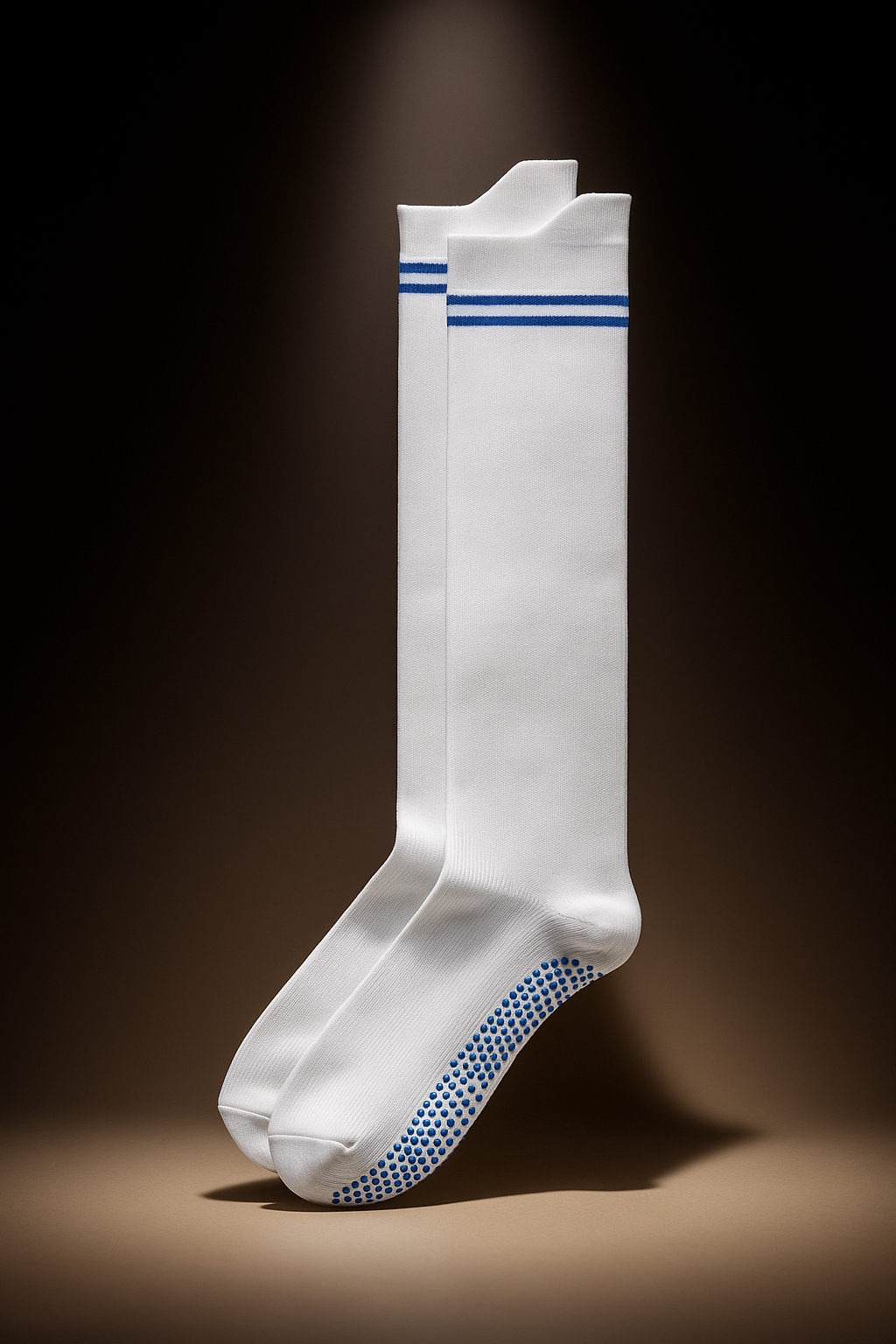


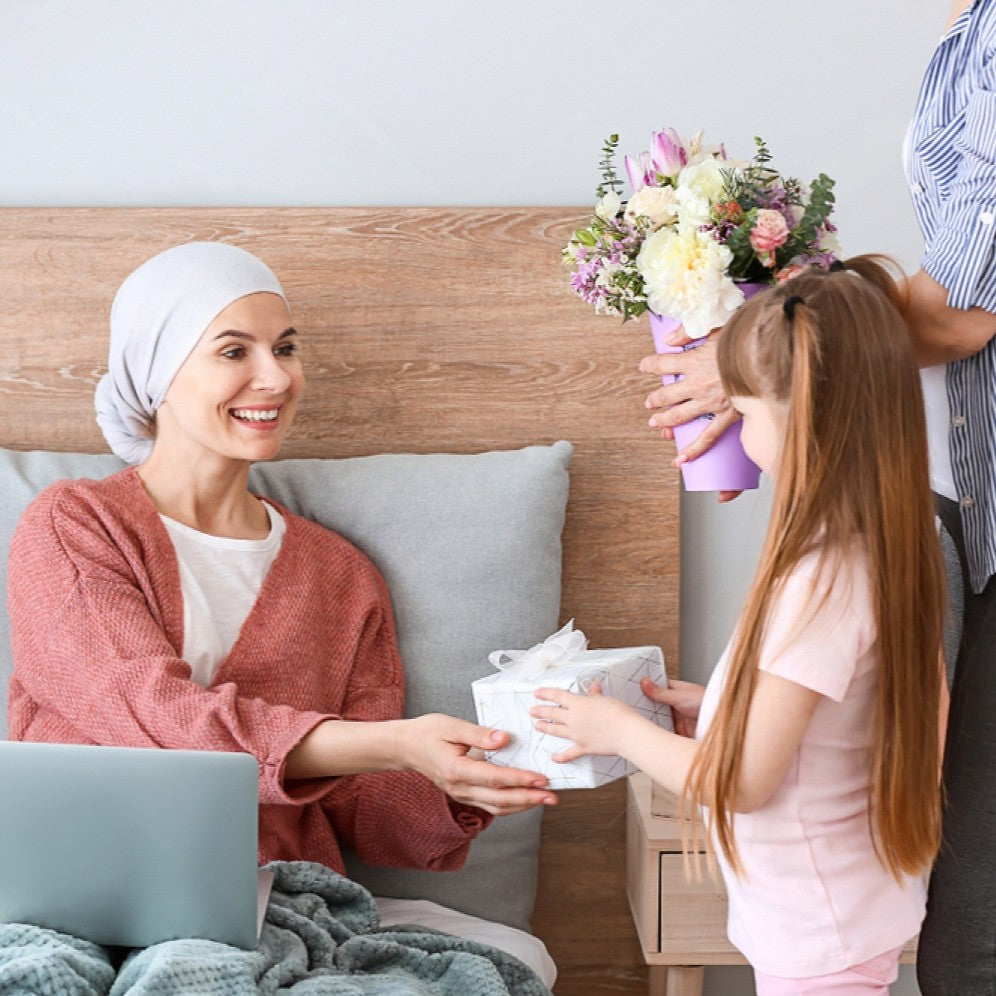






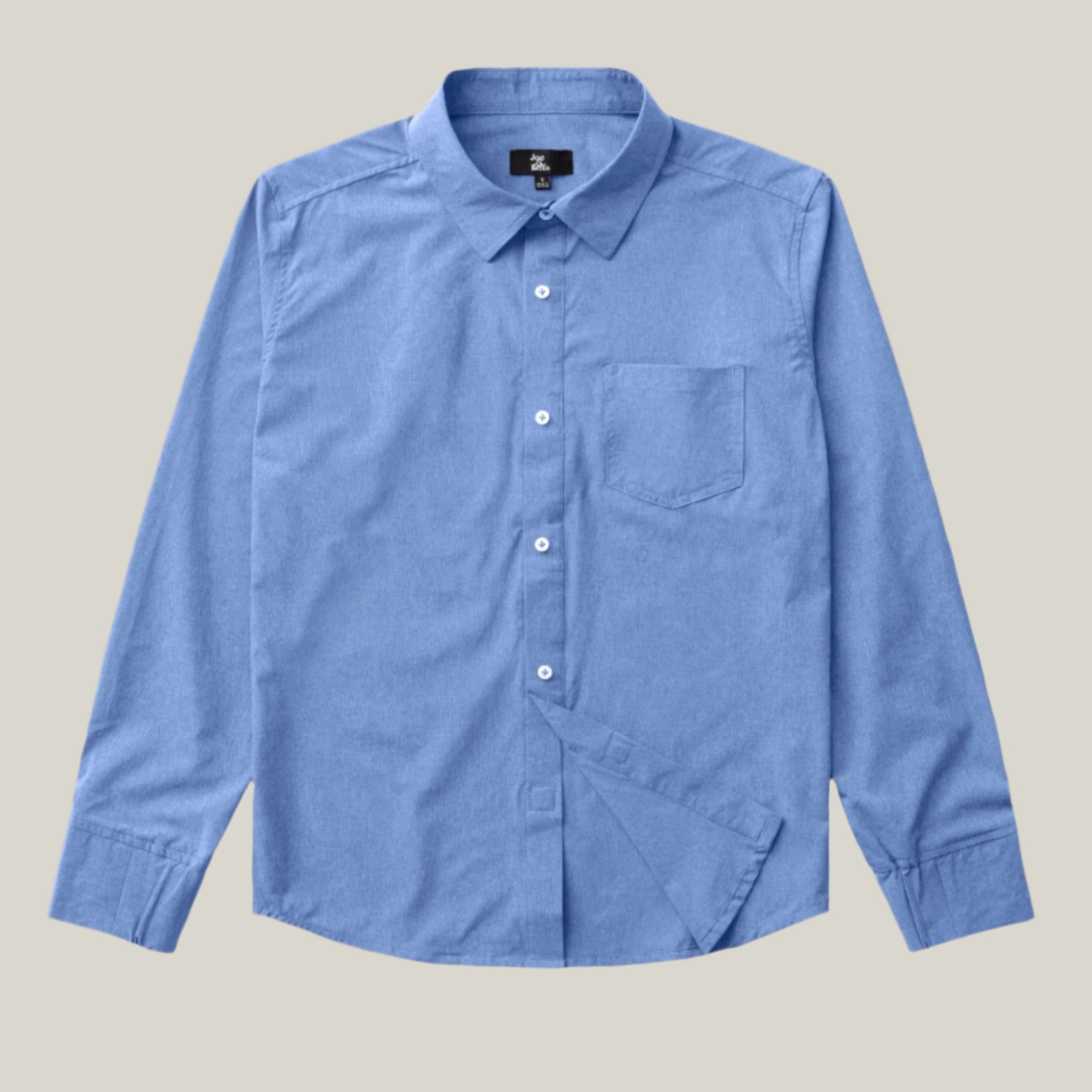
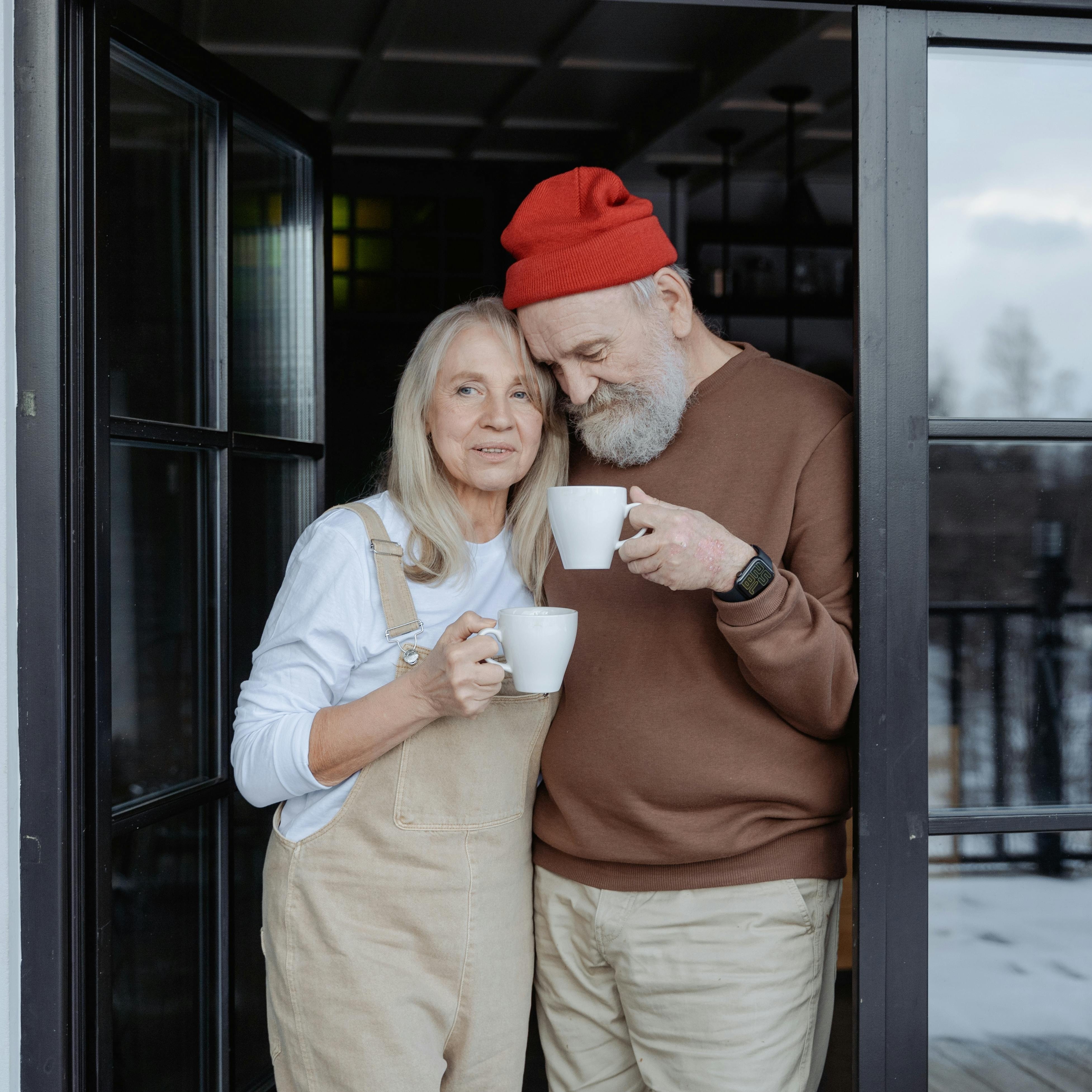

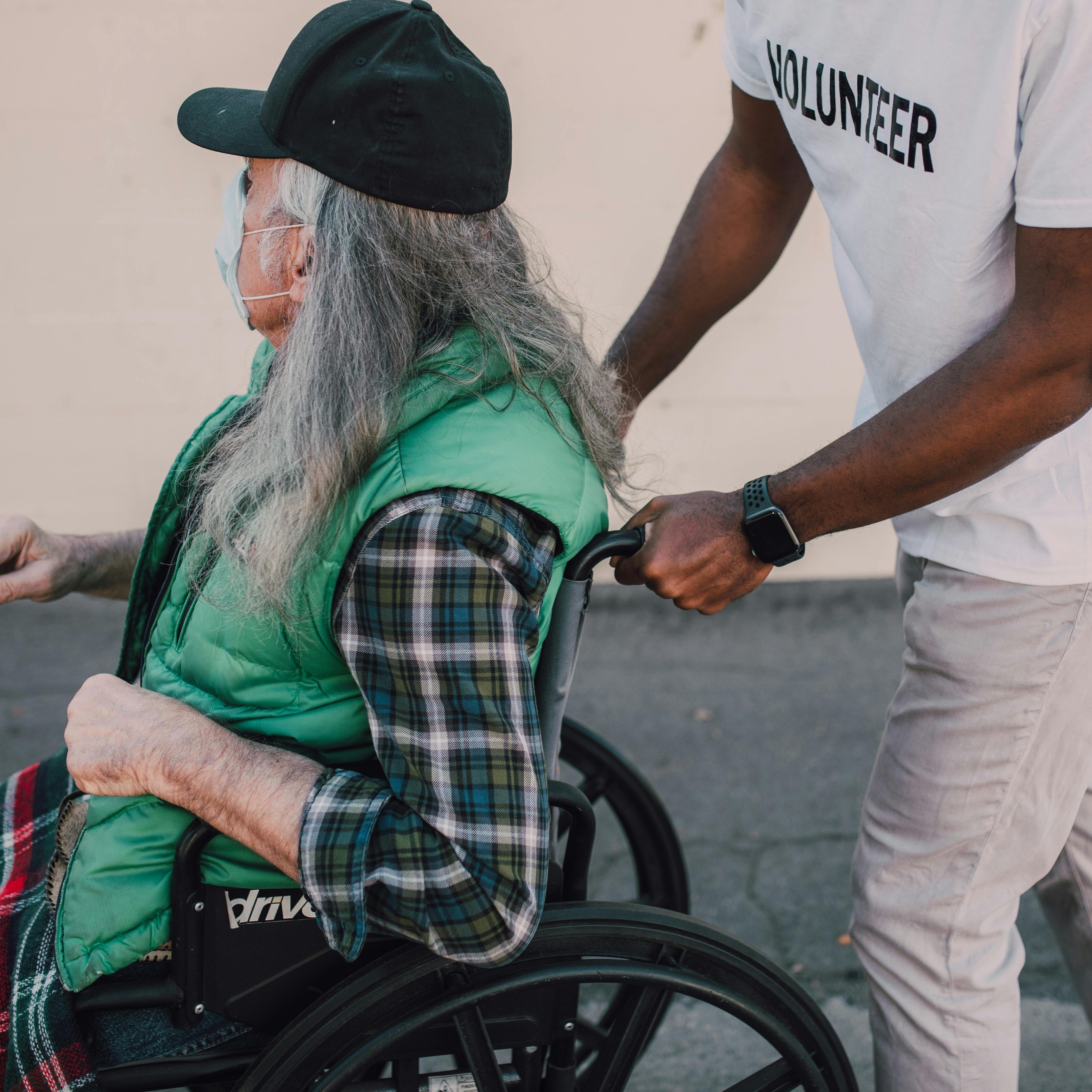


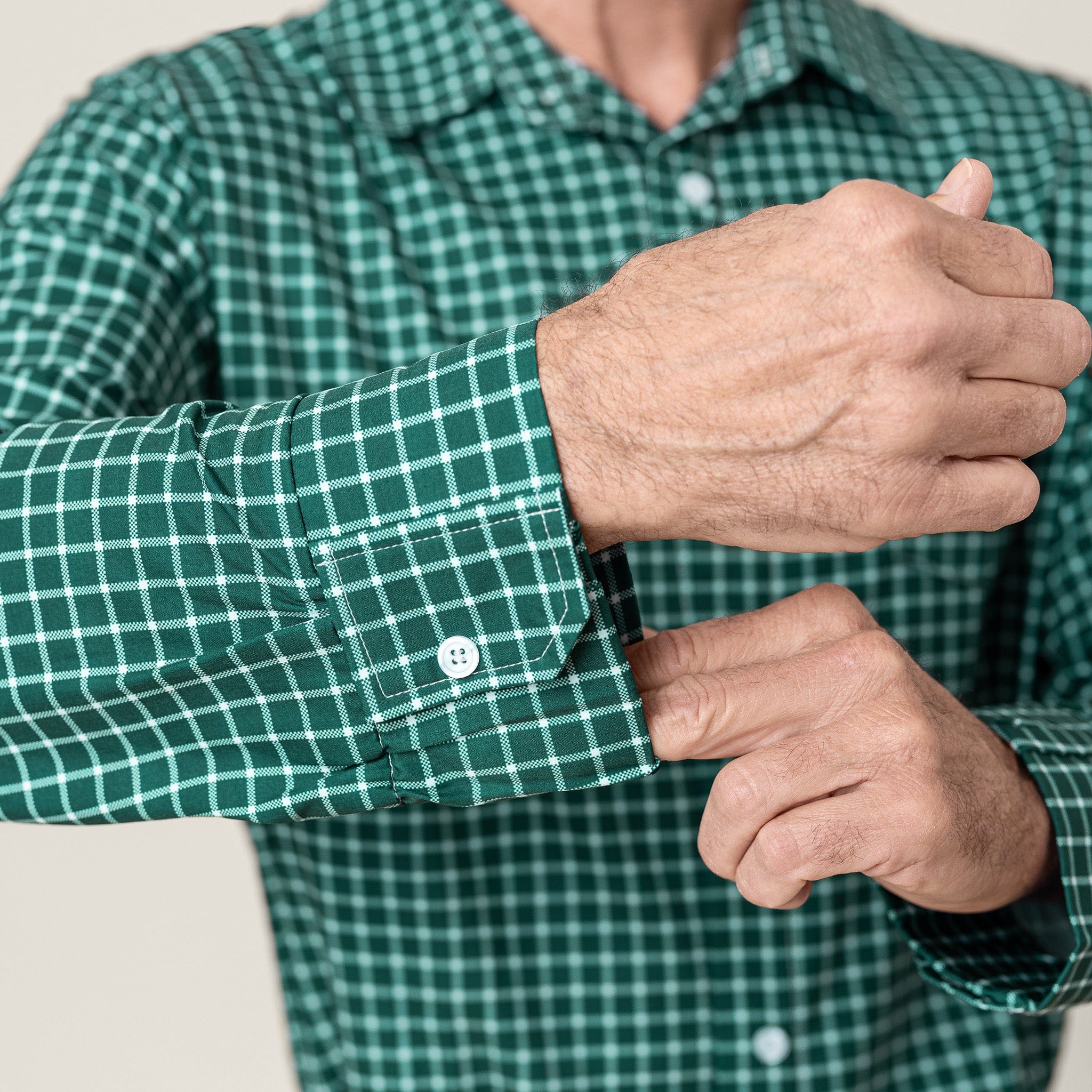

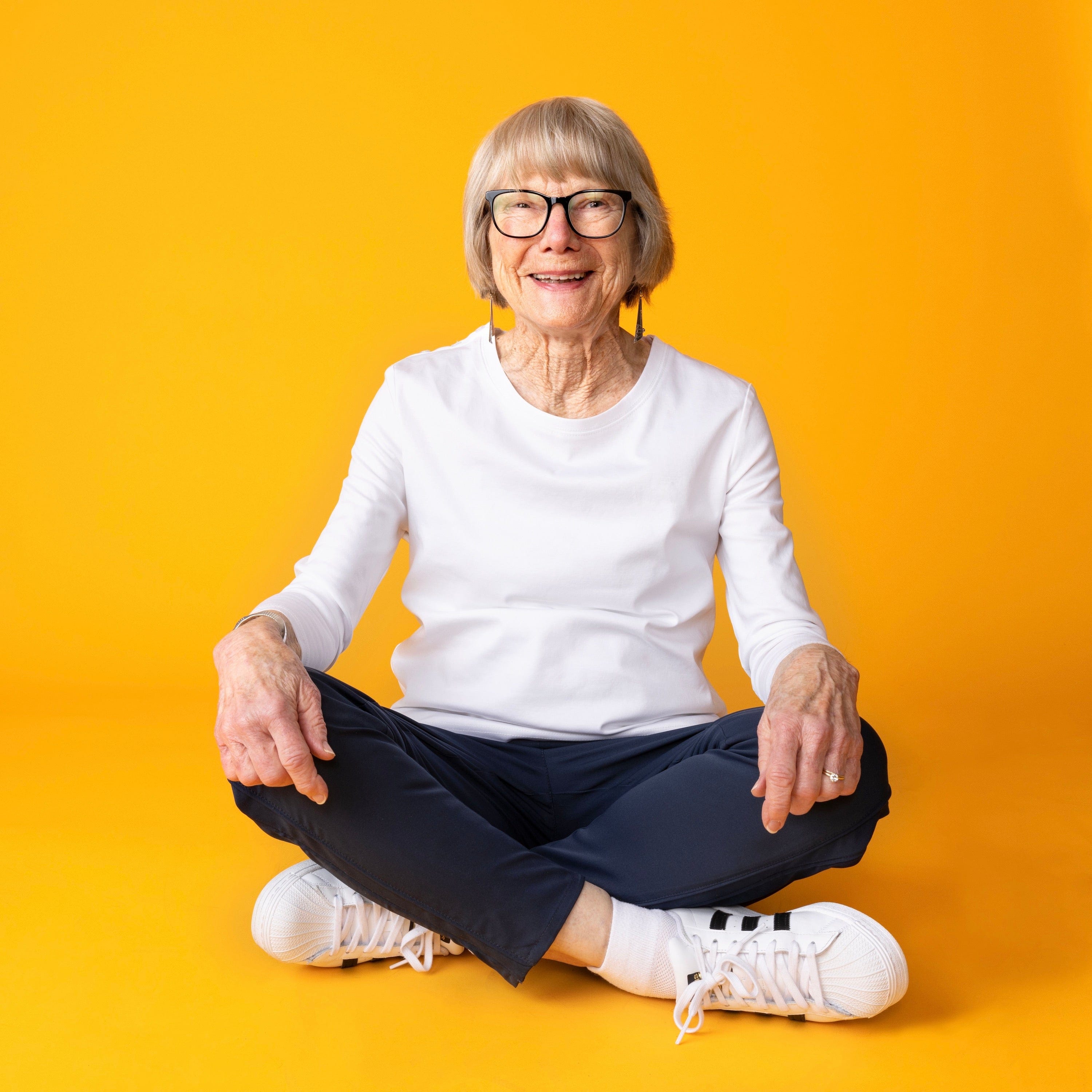
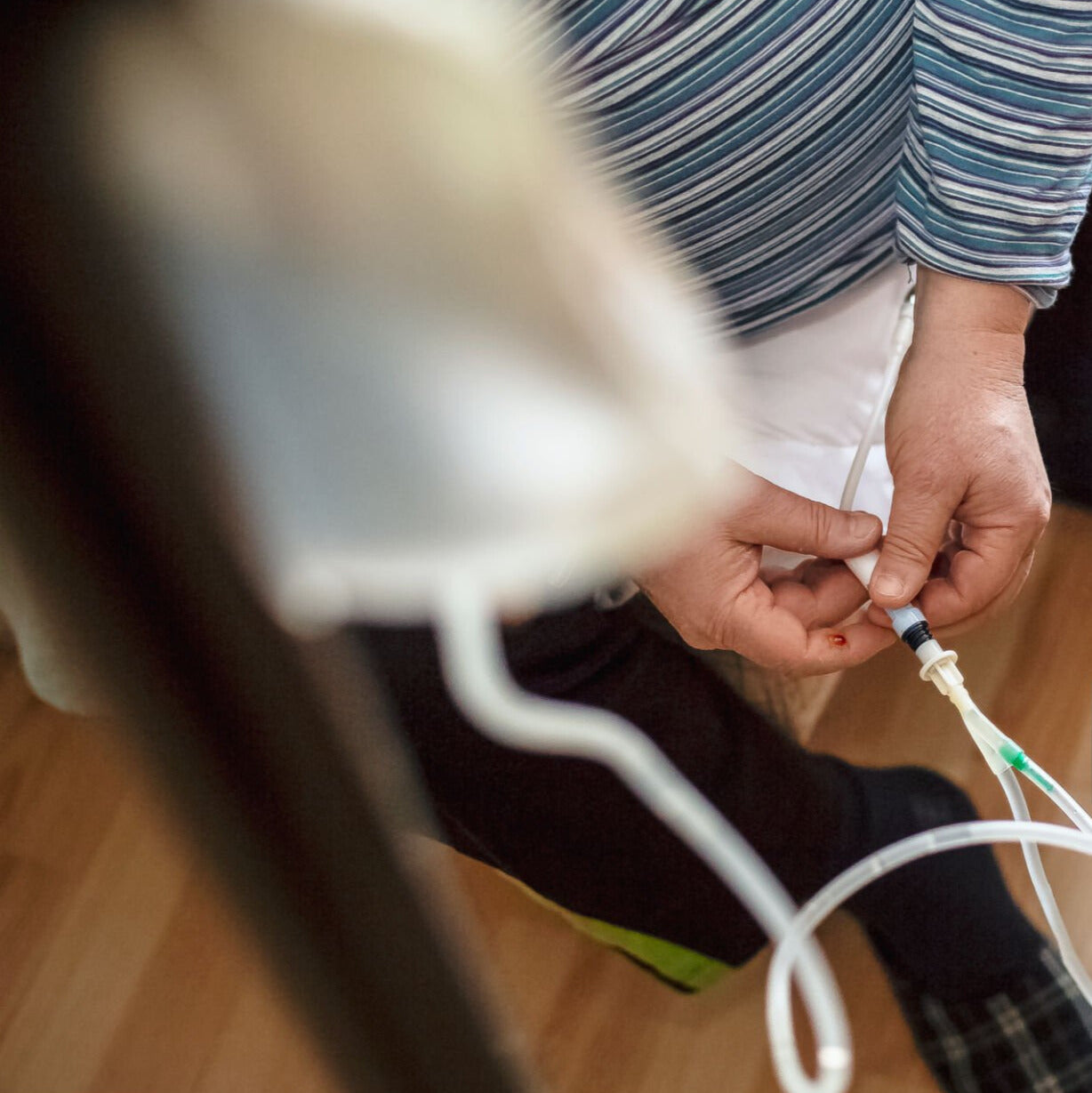
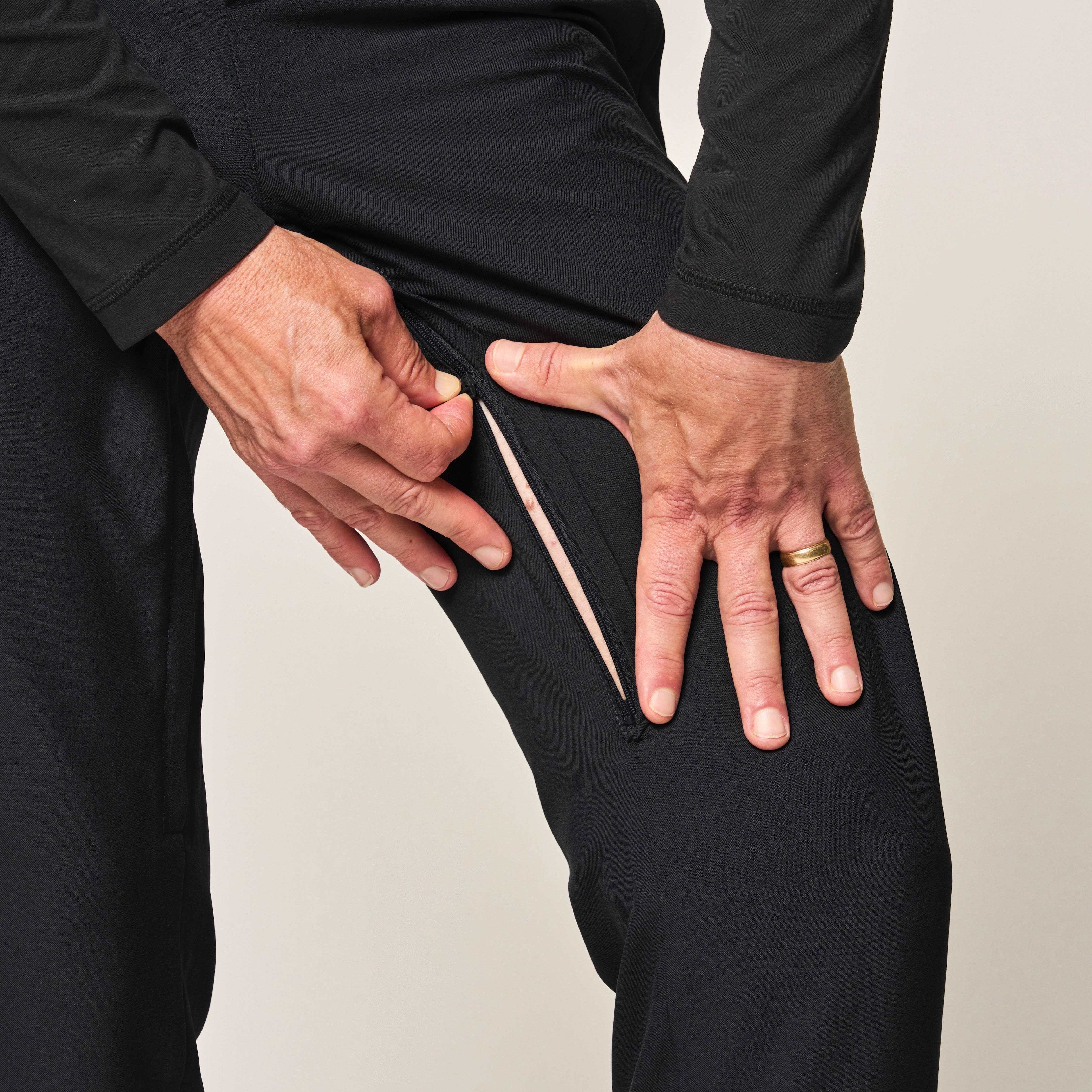
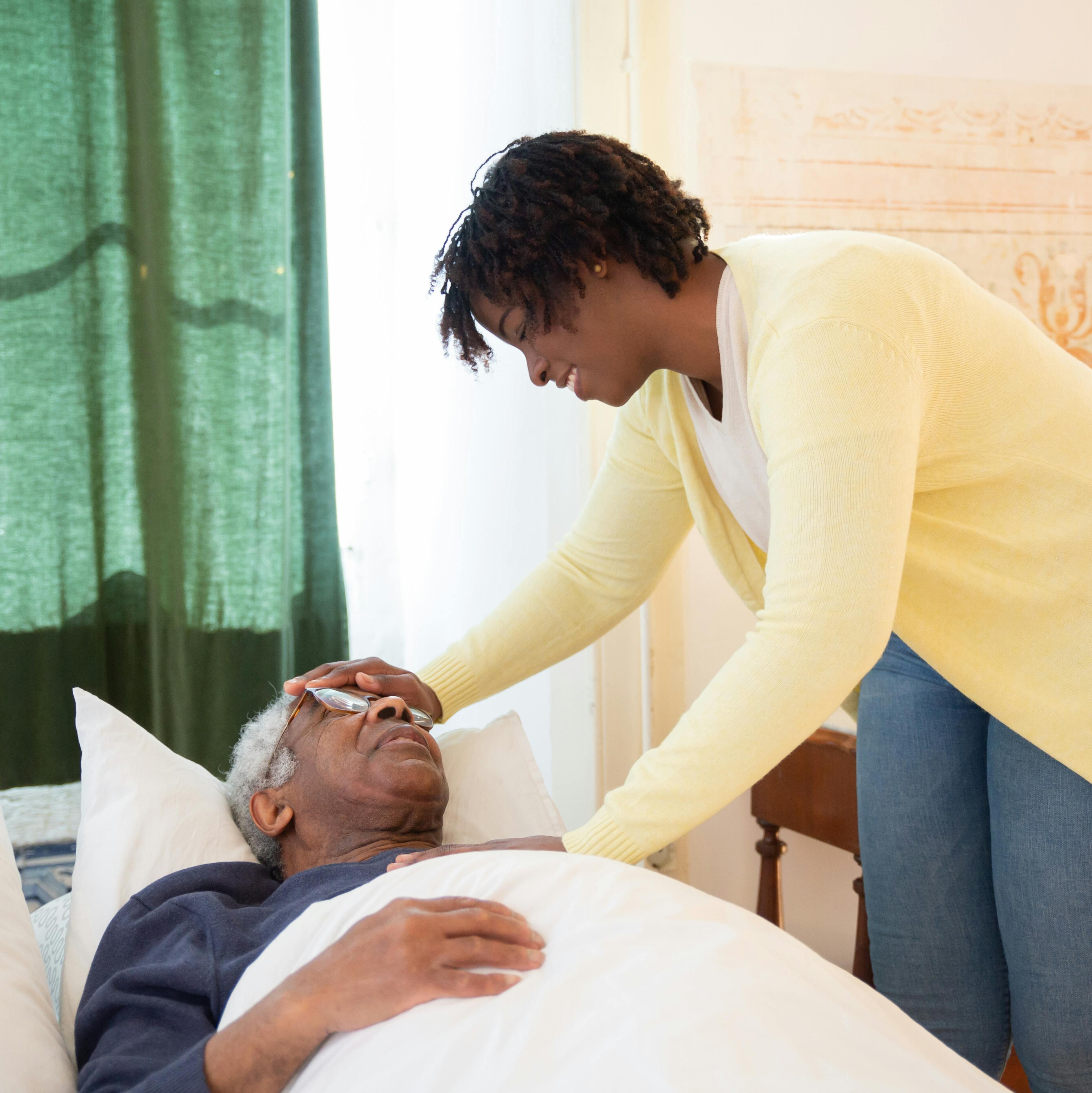
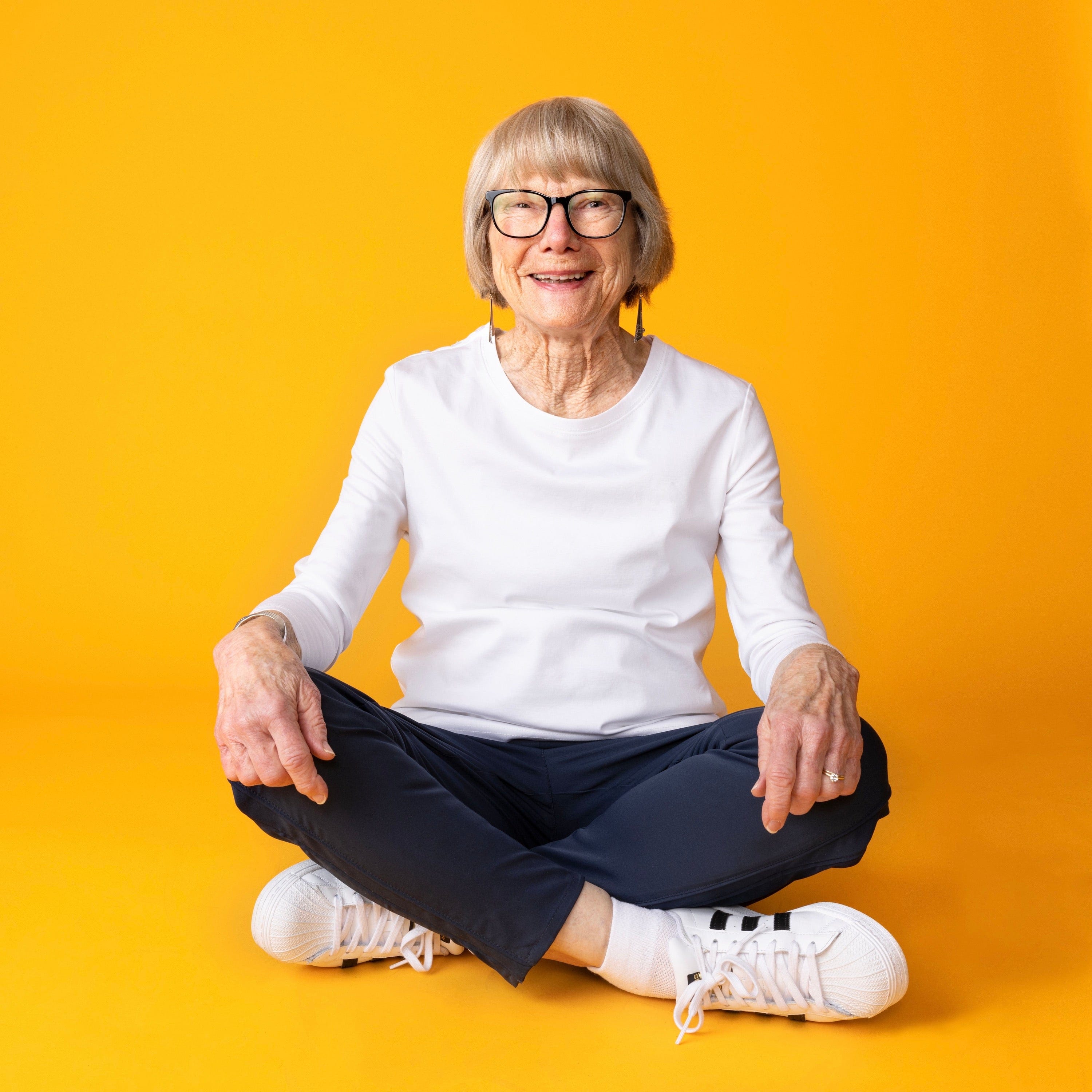
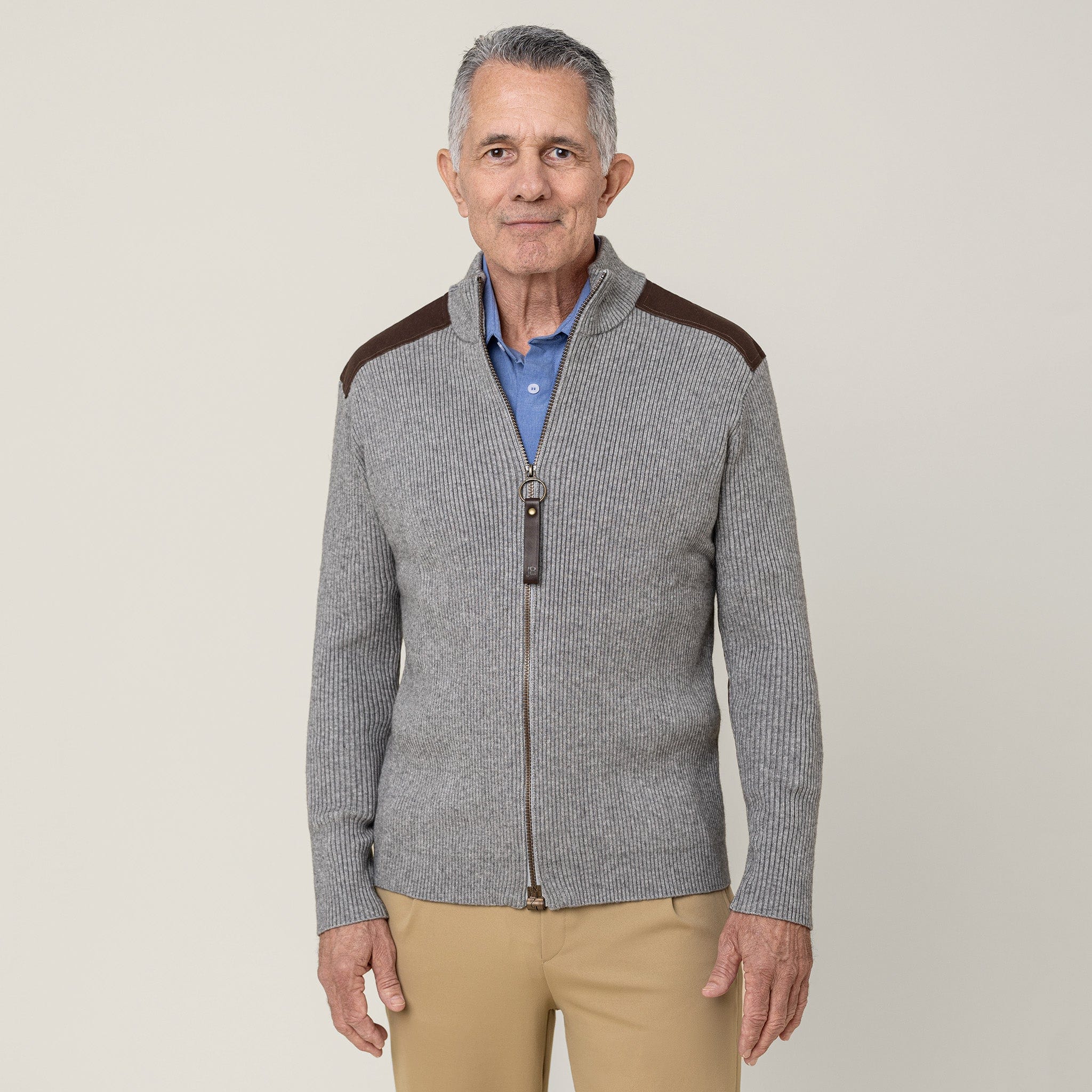
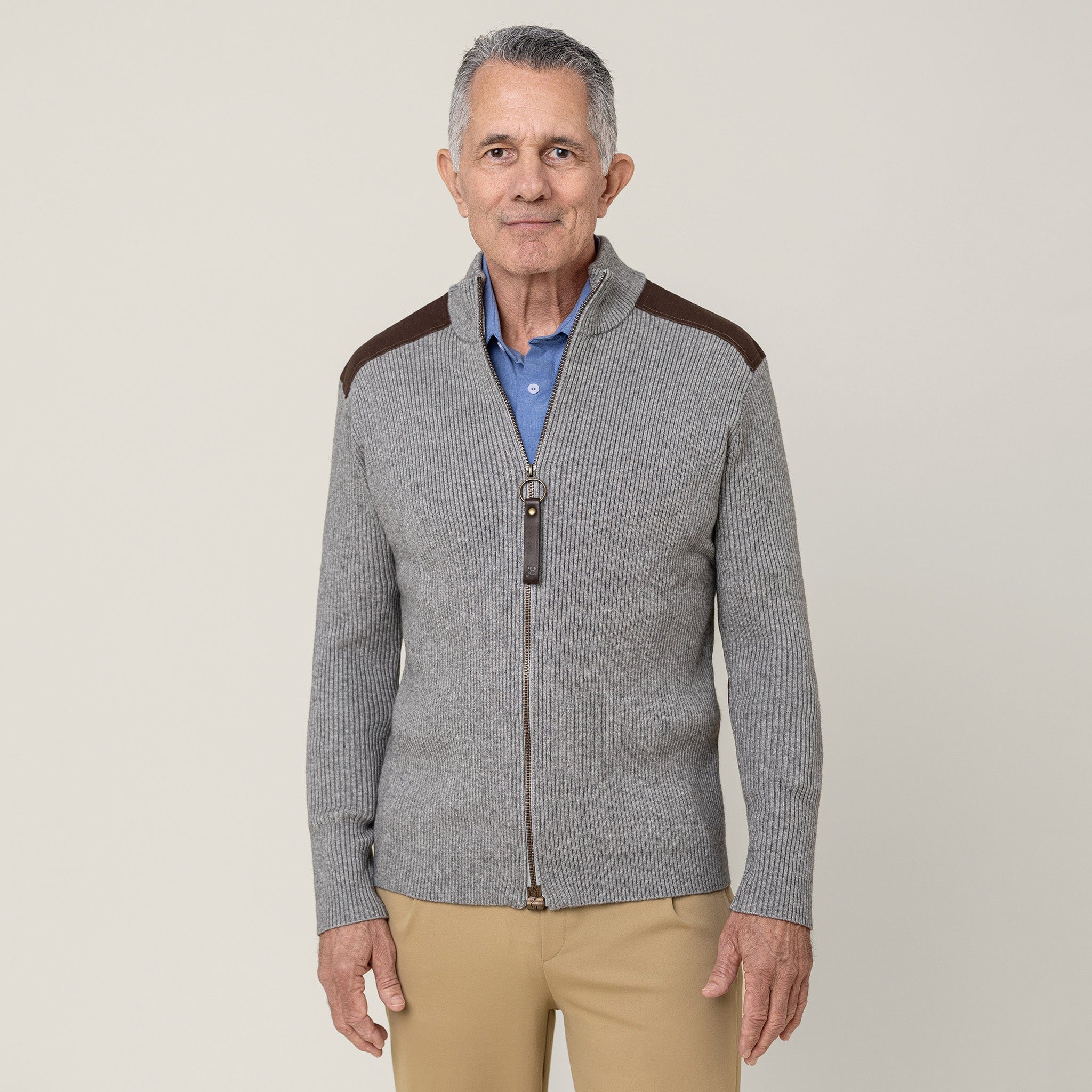
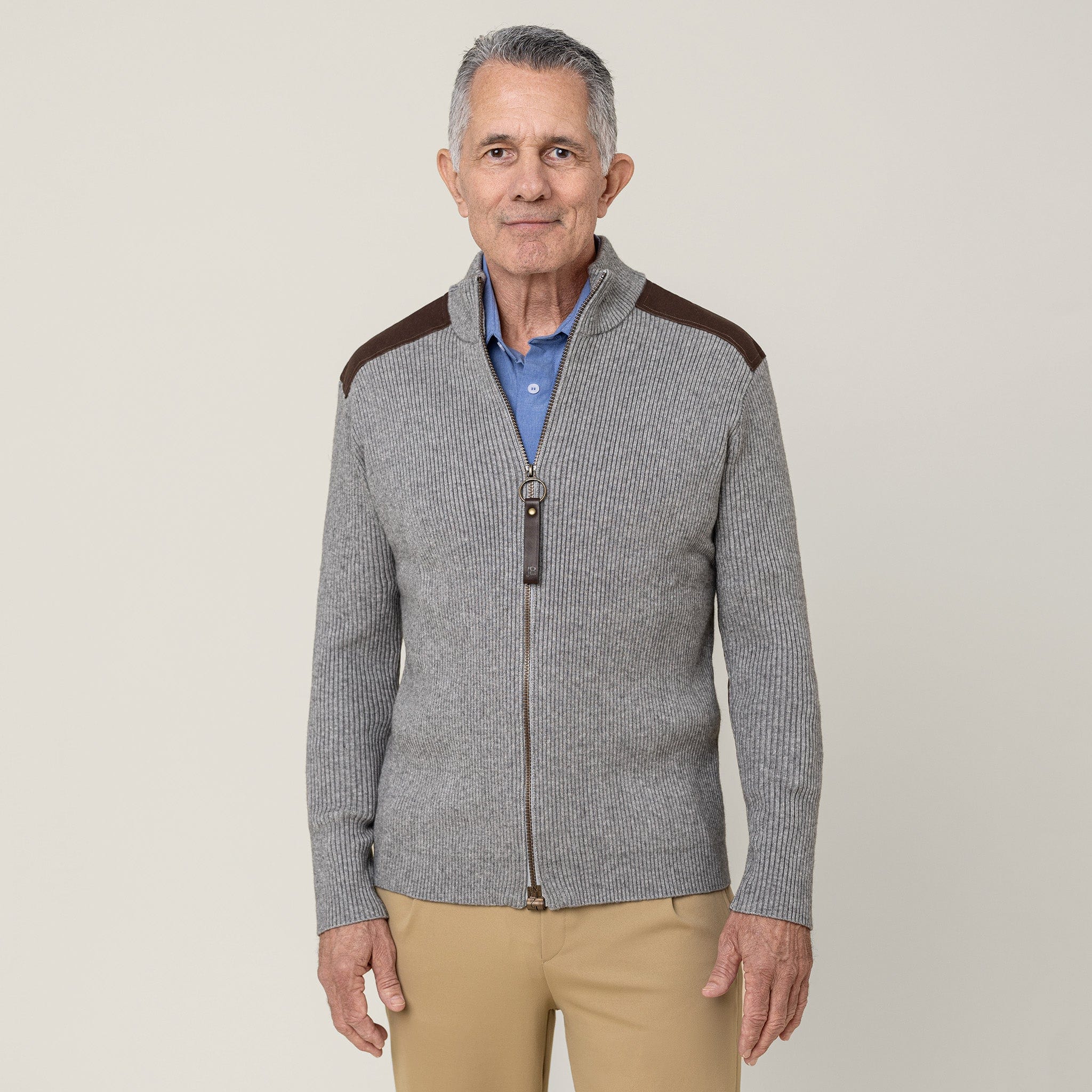
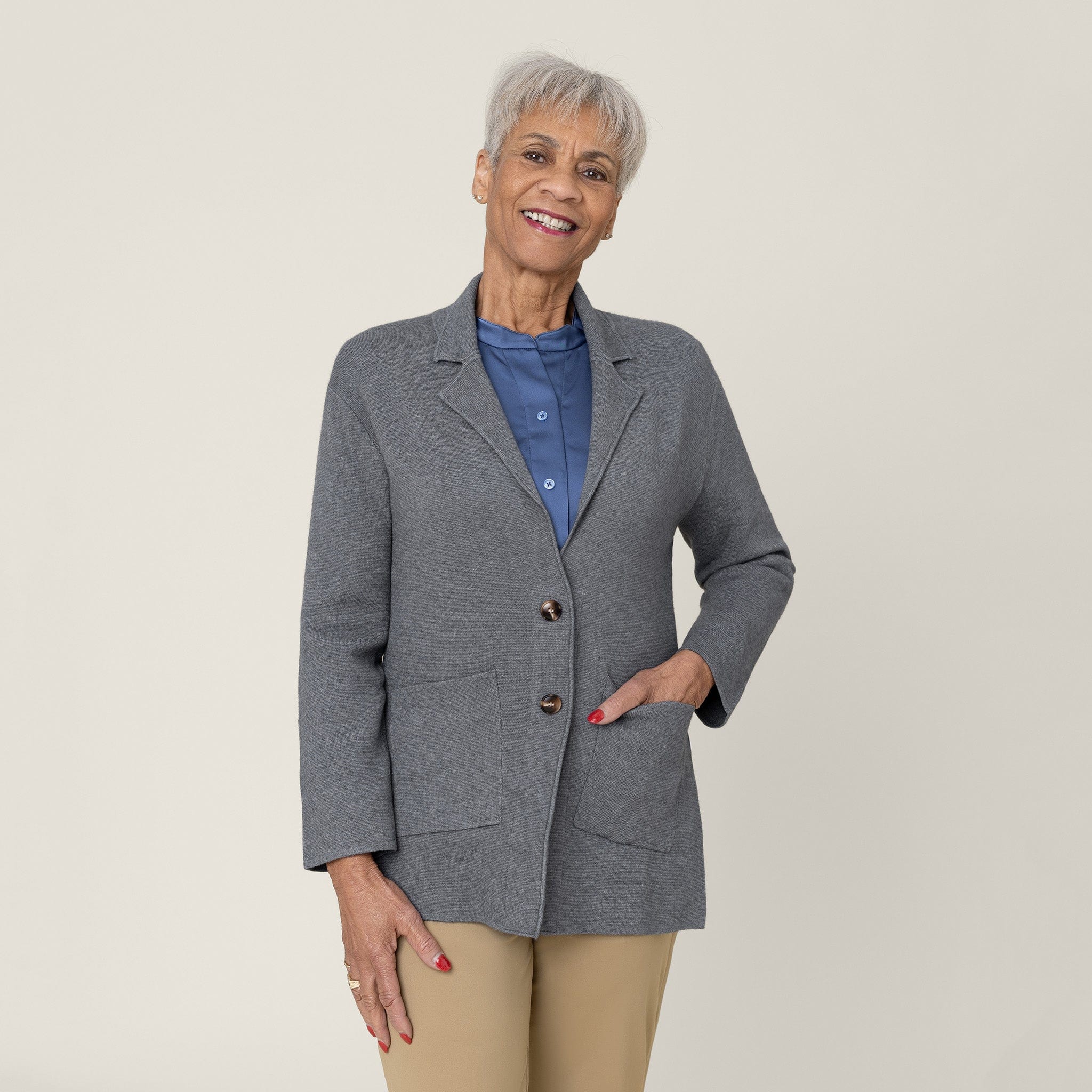
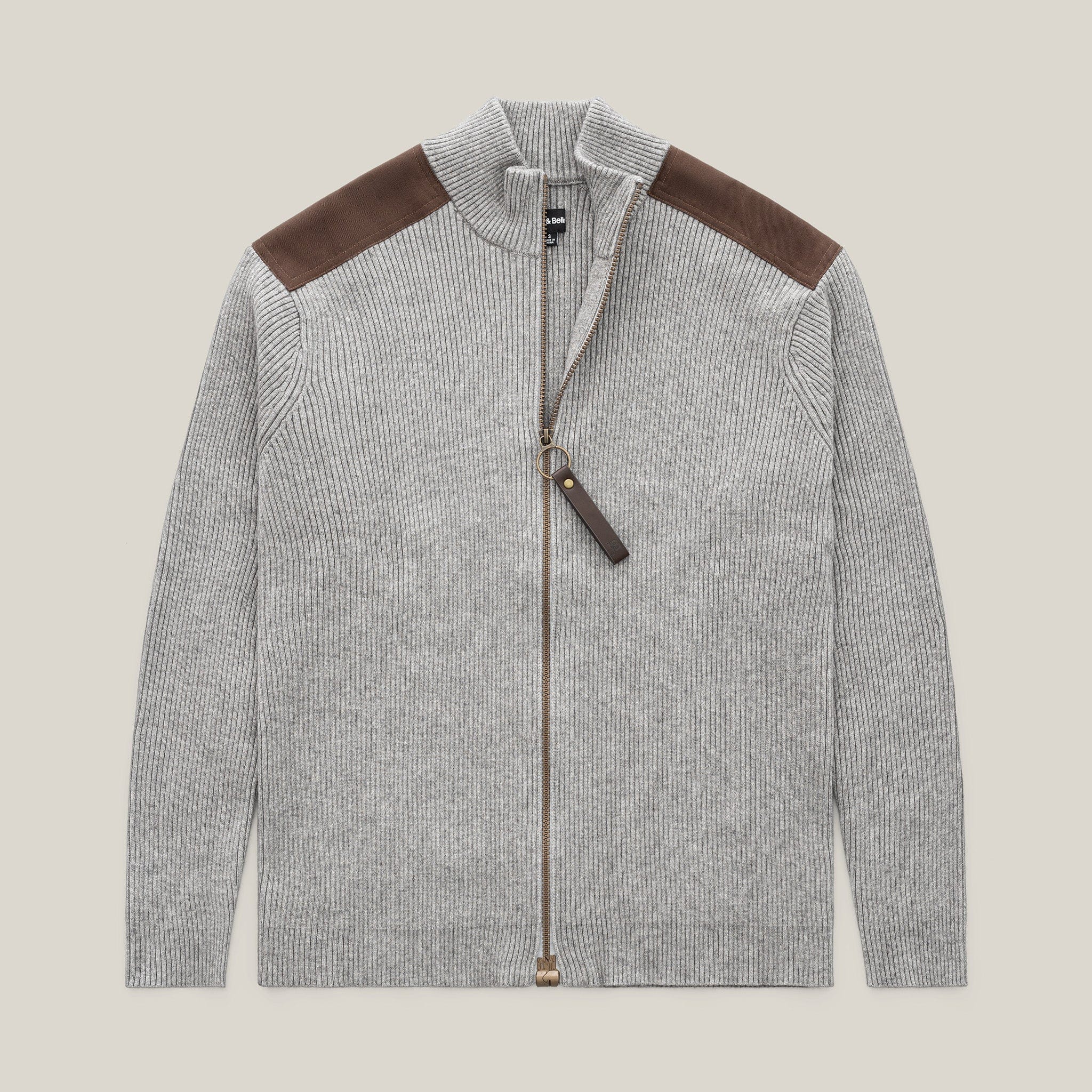
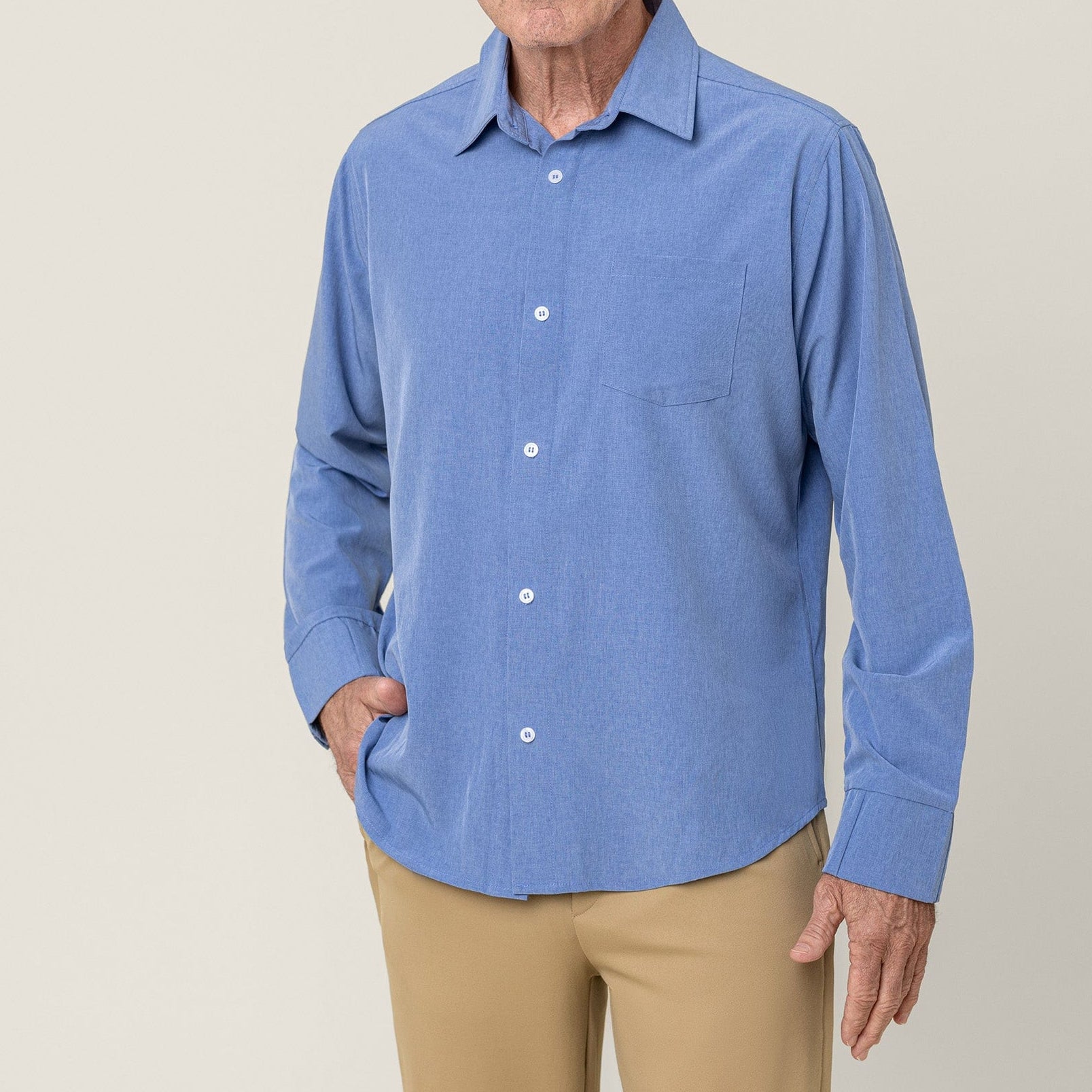
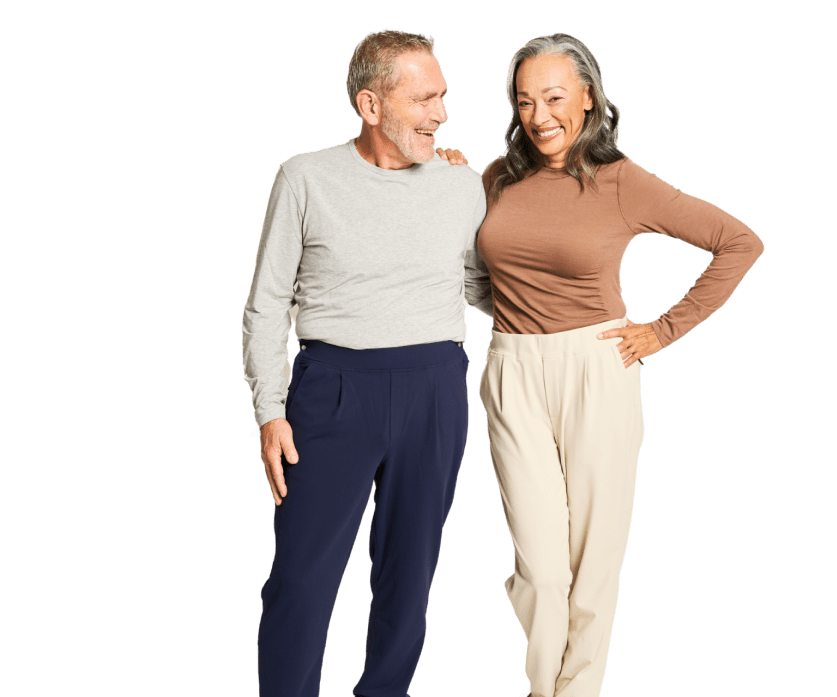
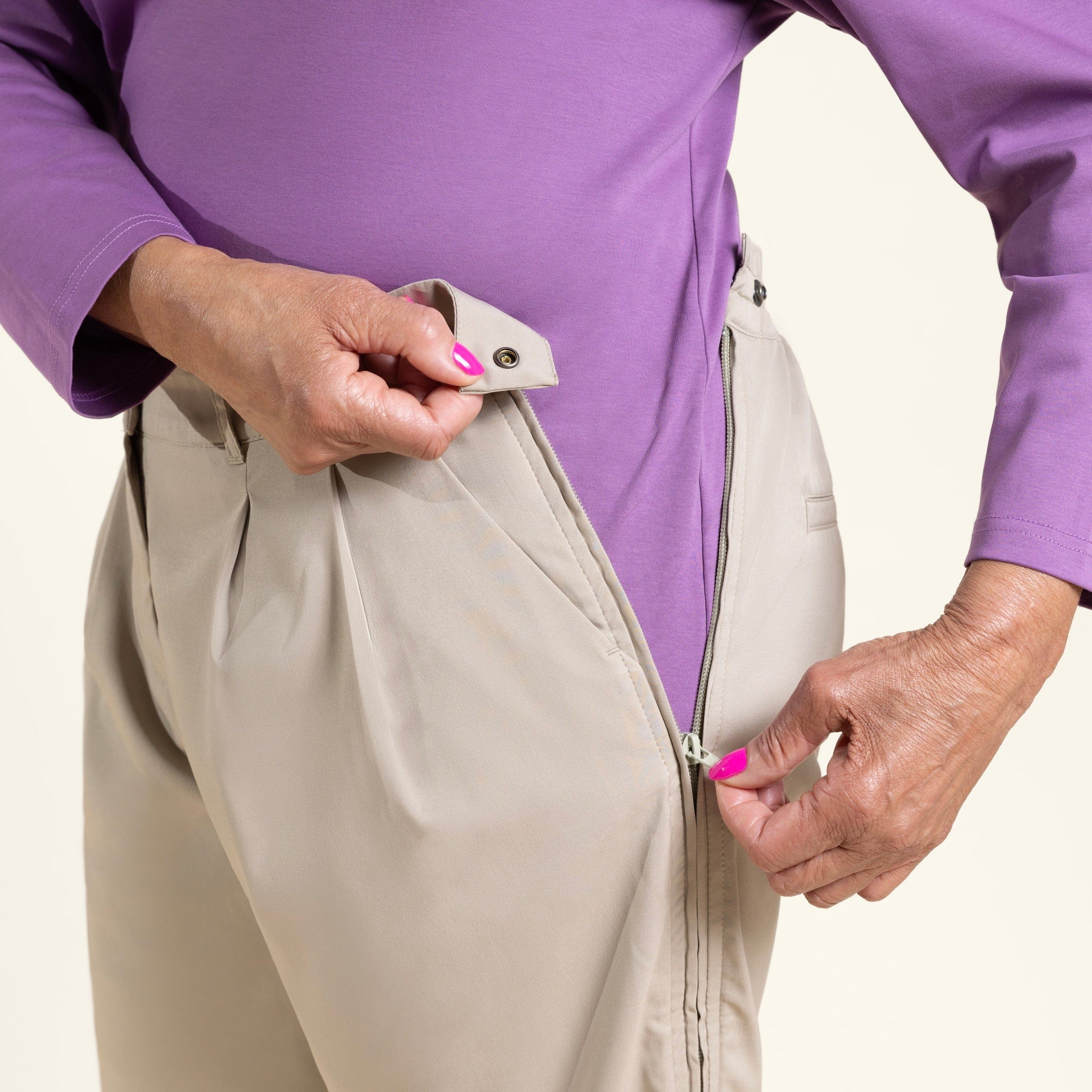
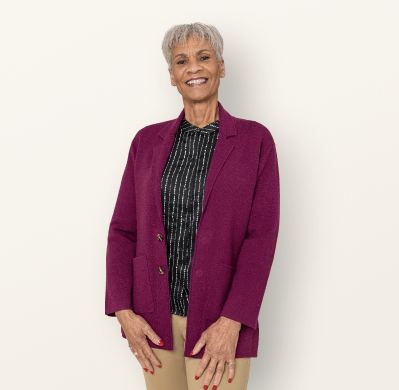
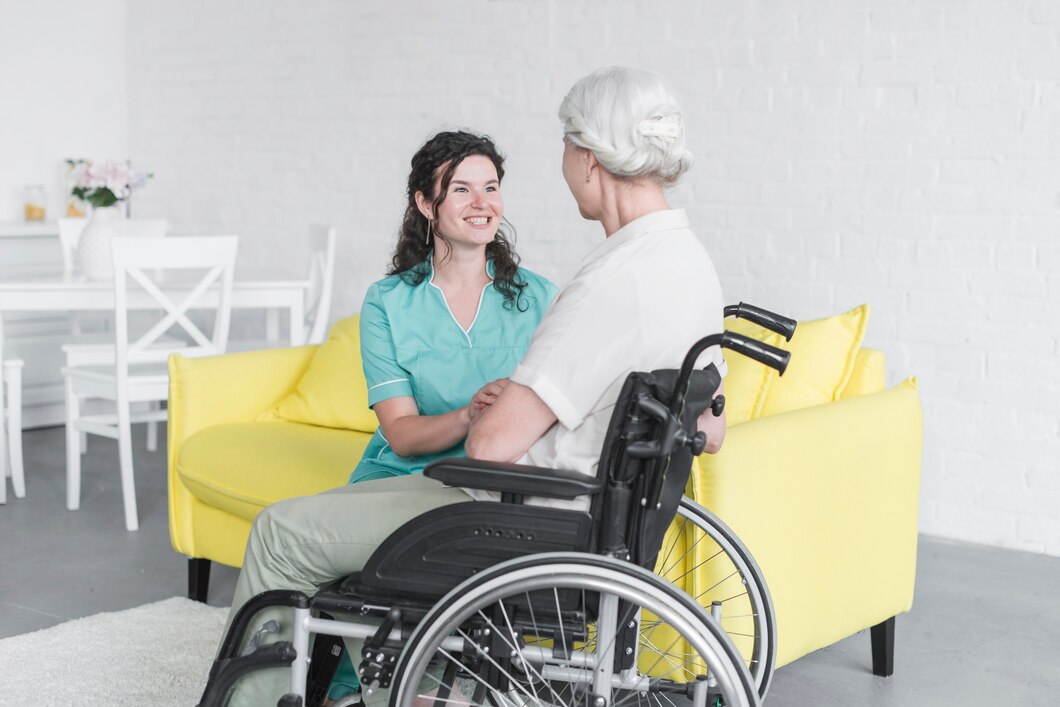
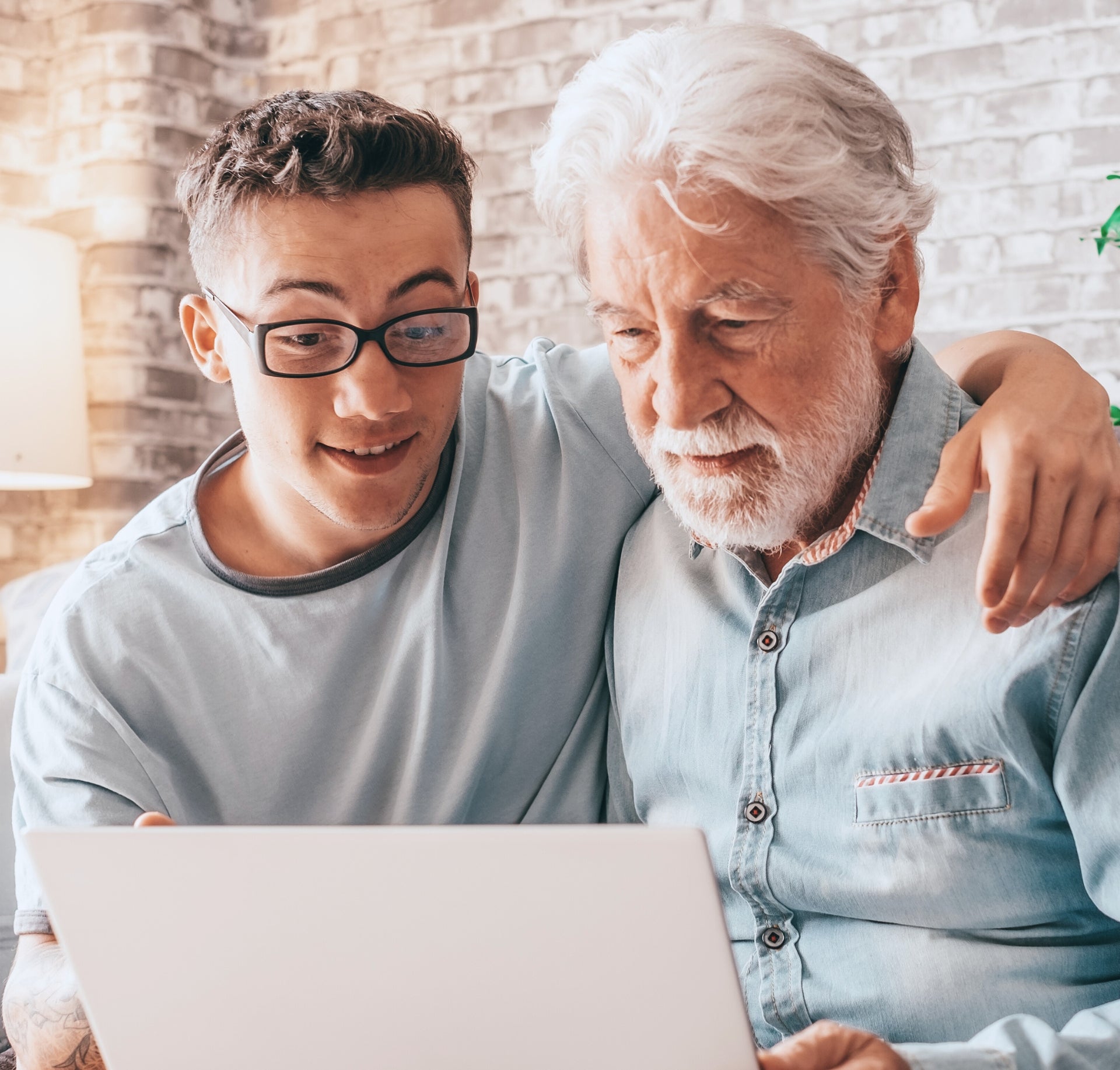
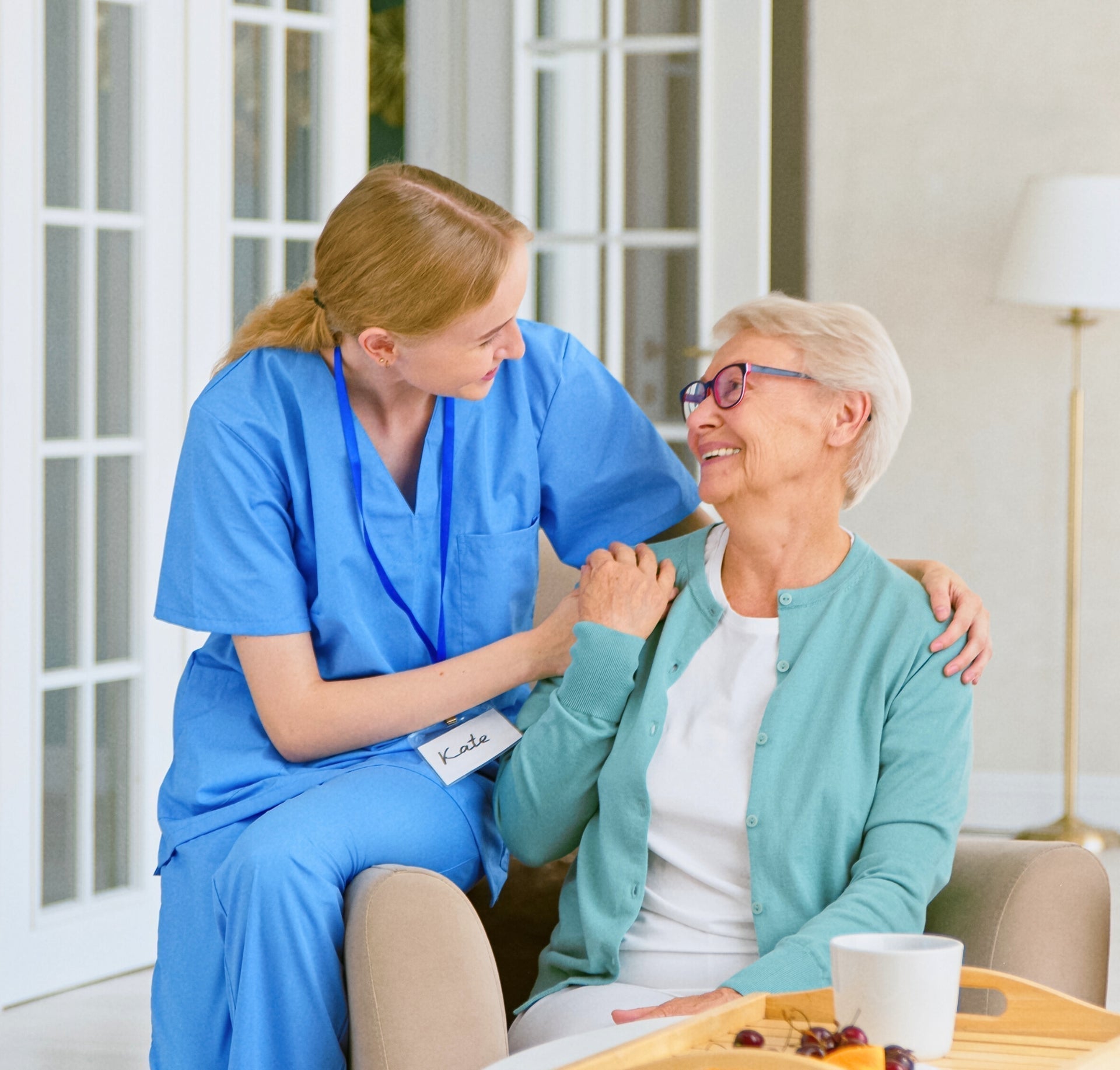
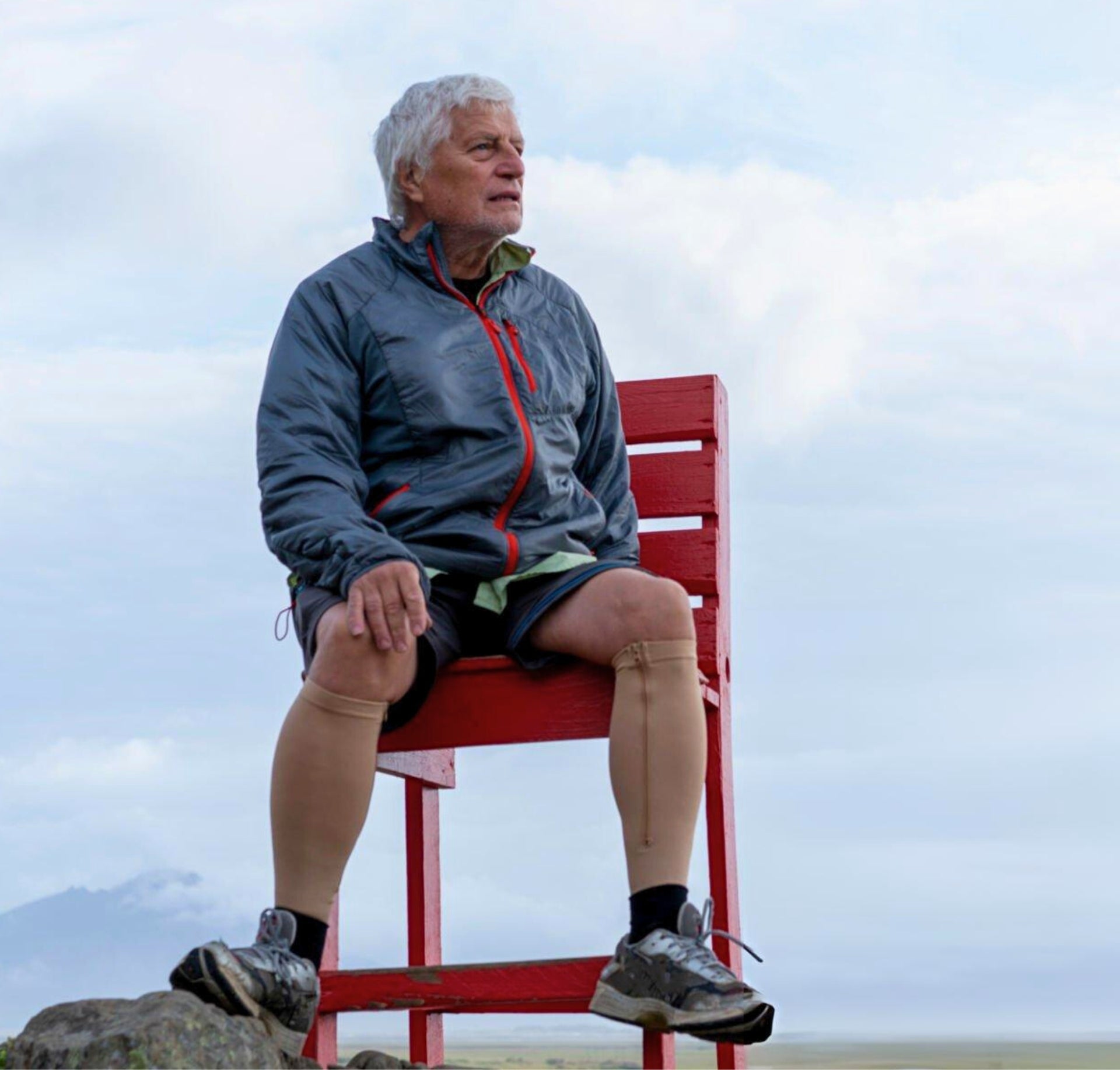
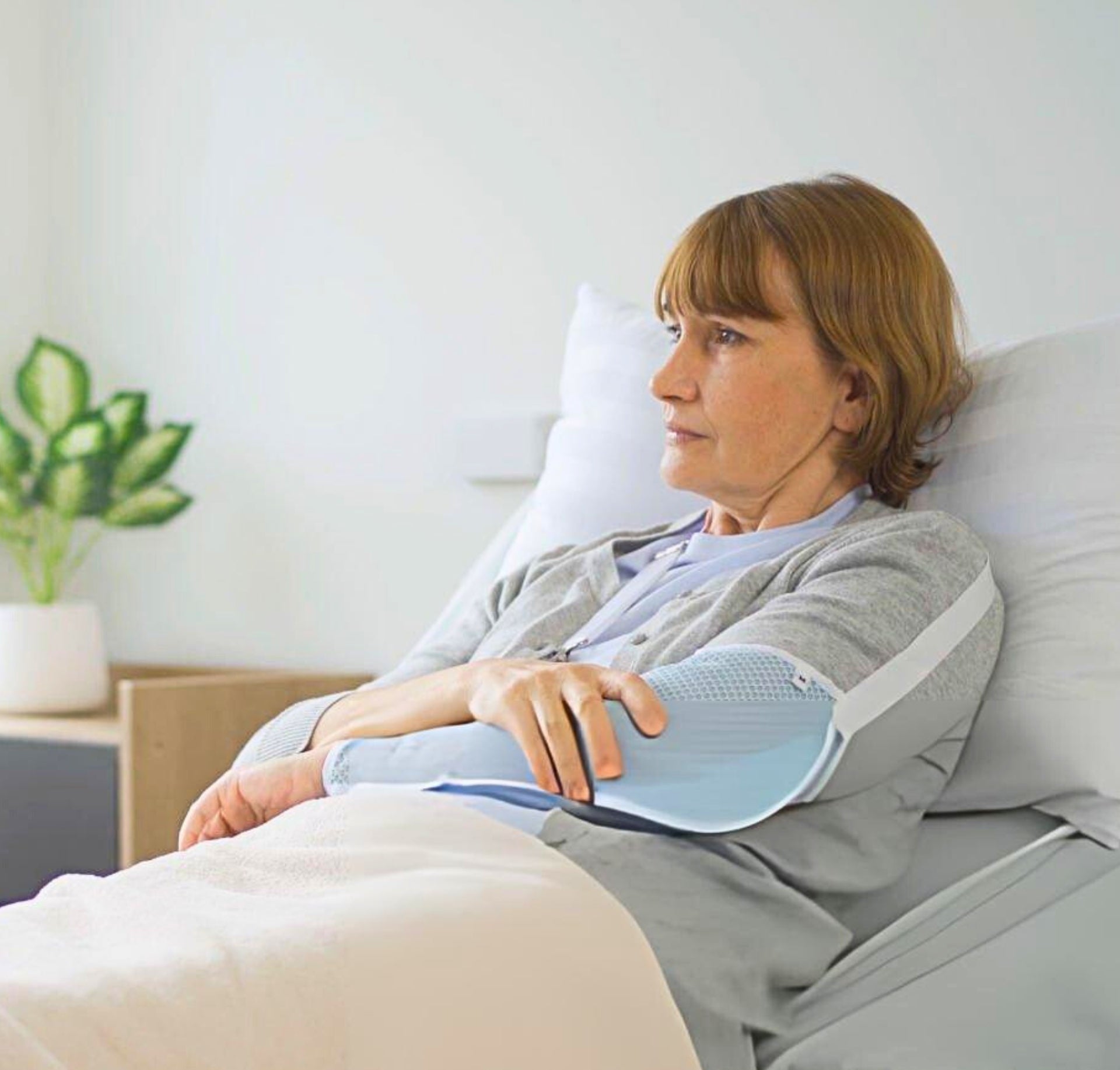
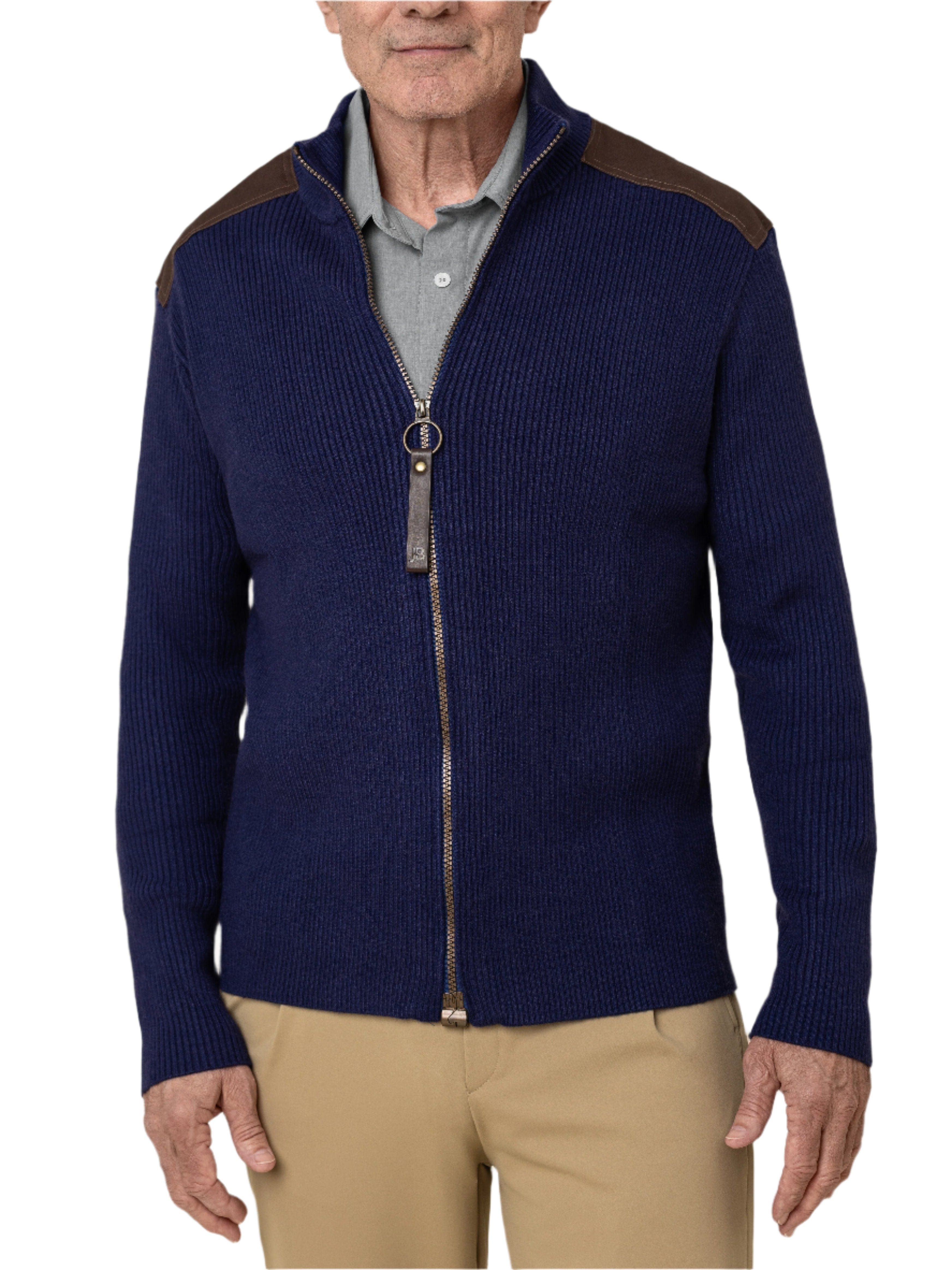



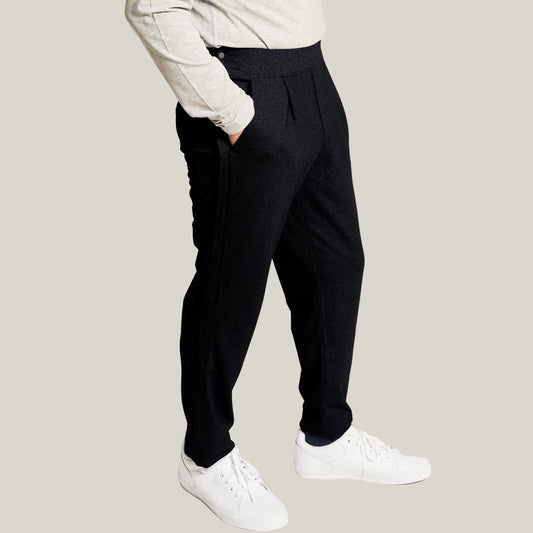
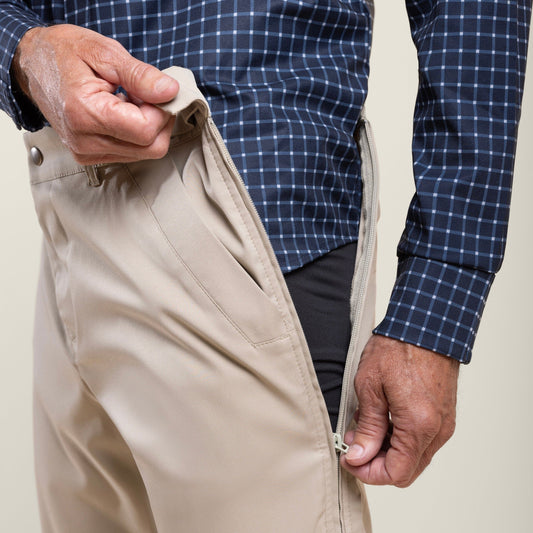
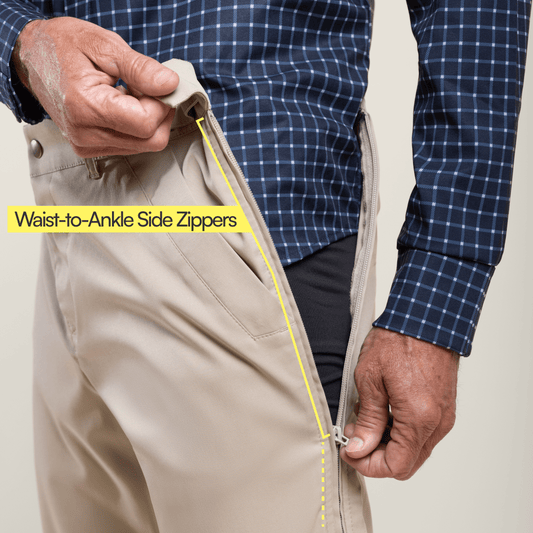
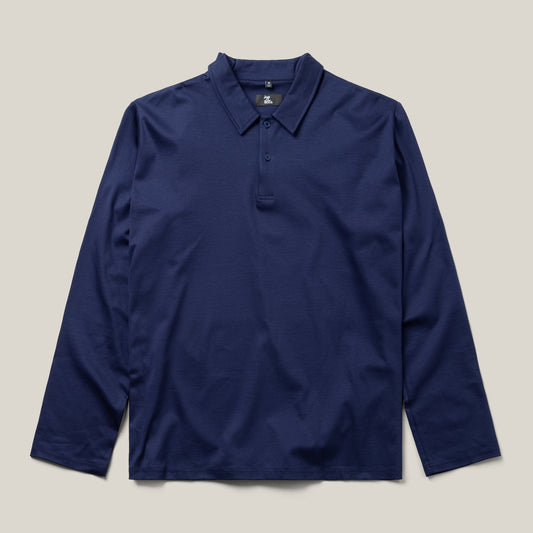

1 comment
What a crucial and informative article by Joe and Bella on the safety checklist for elderly living alone! Living independently can provide seniors with a sense of freedom, autonomy, and dignity, but it’s essential to ensure that their living environment is safe, secure, and supportive to minimize risks and promote well-being. For those eager to delve deeper into the world of senior safety, gain additional insights, and find support in ensuring the well-being and independence of elderly loved ones living alone, I highly recommend visiting SeniorThrive.com. SeniorThrive offers a comprehensive platform that provides a wealth of information, expert advice, and inspiring stories tailored to empower seniors, caregivers, and their families.